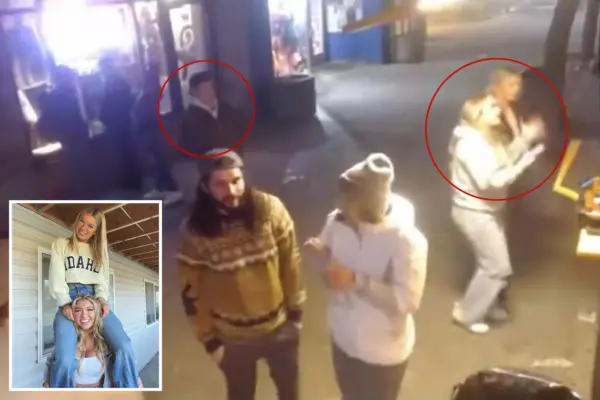
Introduction
The case of Erik Menendez is one that continues to draw significant attention and debate in the areas of law, psychology, and media. As a key figure in one of the most notorious murder trials in American history, Erik Menendez, along with his brother Lyle, was charged with the brutal killings of their parents, Jose and Mary Menendez, in 1989. The implications of their trial extended beyond the courtroom, influencing public opinions on family dynamics, mental health, and the justice system itself.
Background of the Case
In the late hours of August 20, 1989, the Menendez brothers killed their parents in their home in Beverly Hills, California. Initially, the killings shocked the community, but the case took a dramatic turn when the brothers claimed they had acted in self-defense after enduring years of abuse. This narrative introduced elements of psychological trauma into the discussions surrounding the case, raising questions about the reliability of their testimonies and the complexities of familial relationships.
Trials and Media Attention
The Menendez brothers’ first trial began in 1993, but it ended with a hung jury. Noteworthy was the extensive media coverage, which shaped public perception and highlighted issues of privilege. The second trial began in 1995, resulting in a conviction for both brothers on charges of first-degree murder, leading to life sentences without the possibility of parole.
Throughout the trials, Erik’s and Lyle’s narratives of abuse and the psychological factors affecting their actions resonated with many, sparking widespread discussions about the nature of justice and the potential for rehabilitation. Legal experts and psychologists weighed in on the implications of declaring a defendant’s instability after a crime.
Current Developments
As of now, Erik Menendez remains incarcerated, continuing to appeal for clemency based on his claims of abuse and the psychological trauma associated with his upbringing. His situation has prompted renewed debates over prison reform and the treatment of juvenile offenders in the American judicial system.
Conclusion
The case of Erik Menendez is more than just a sensational story of murder; it highlights significant issues regarding mental health, the complexities of family relationships, and the functioning of the justice system. As discussions continue around his case, it invites readers to reflect on the broader implications of trauma, accountability, and the possibility of redemption in the lives of individuals shaped by such circumstances. Understanding the Menendez case remains essential for those interested in social justice, criminal psychology, and societal attitudes towards crime and punishment.
You may also like

Latest Updates on the Idaho Murders Case

The Unsolved Case of Charlene Downes: A Tragic Mystery
